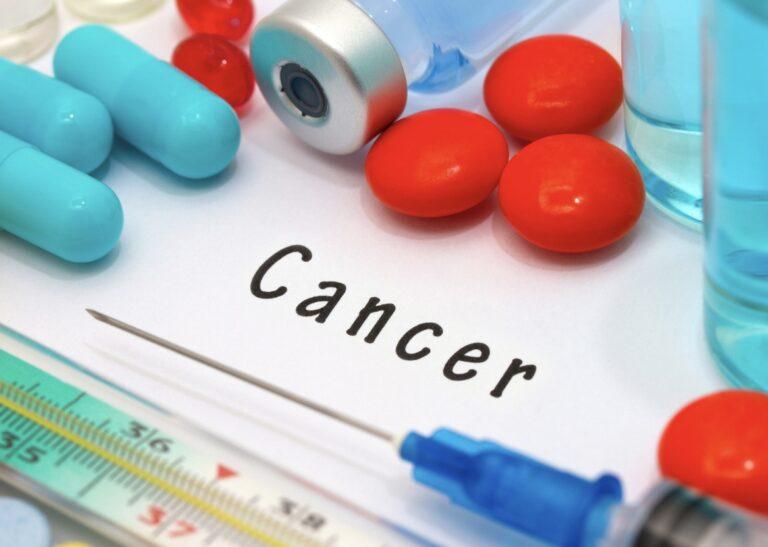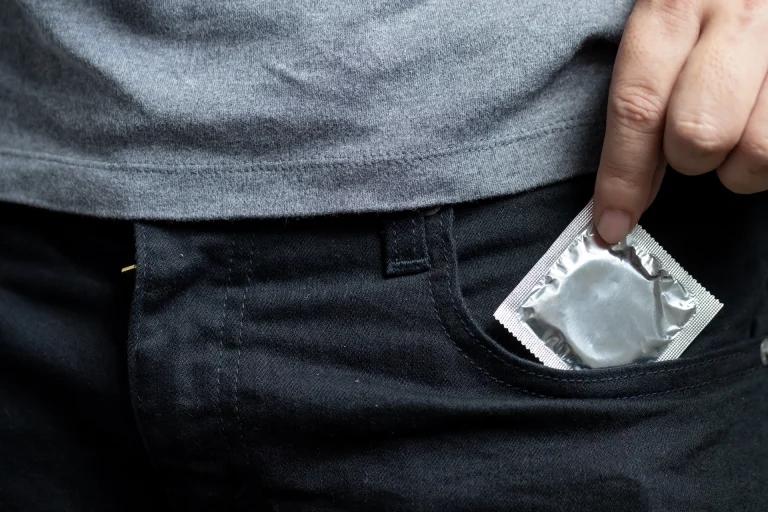
If you’ve been diagnosed with prostate cancer you may find that you’ll experience erectile dysfunction as a side effect of your treatment. Most men will see significant improvements within one year after treatment, however there are
also a range of options for managing erectile dysfunction while you are recovering. Here we’ll look at how ED and prostate cancer are related and advise on what you can do about it.
Does prostate cancer cause erectile dysfunction?
No, prostate cancer doesn’t cause erectile dysfunction. Not usually anyway. It’s not the cancer itself that causes ED, but the various treatments for prostate cancer that can have an effect.
Erectile dysfunction can happen after the prostate is surgically removed (a prostatectomy), particularly if nerves and blood vessels connected to the penis are damaged.
The chance of experiencing problems with erections and the severity depends on the type of surgery (i.e. if it spares nerves or not). If the nerve-sparing technique is used most men recover their previous function after one or two years. If it isn’t used recovery may take longer or may not happen at all.
The good news is that there are treatments available for erectile dysfunction that can help manage the condition while your body is recovering.
Radiation therapy and erectile dysfunction
ED is the most commonly reported long-term complication of radiation treatments, although it doesn’t happen to all men.
It can depend on the treatment you receive. For guys that receive seed implants (brachytherapy), about 30% to 50% experience ED and around 30% to 70% of men who receive beam therapy also get ED.
It can happen because radiation damages the prostate and other surrounding tissue, which can make it difficult to get and maintain erections. The damage and loss of function tend to happen slowly, with the first signs occurring around six months after treatment begins. Unfortunately, few men return to their full pre-treatment function naturally, but some treatments can be effective.
Hormone therapy and erectile dysfunction
Hormone therapy can reduce testosterone levels, which can result in a reduction of sexual desire and cause problems with erections.
This happens most often between two weeks to a month after the therapy begins, with most men returning to their pre-treatment function after the hormone therapy ends.
Chemotherapy and erectile dysfunction
Chemotherapy doesn’t usually cause erectile dysfunction, although it can cause a loss of sexual desire.
Is erectile dysfunction a sign of prostate cancer?
Most likely not. Just because the two are interrelated doesn’t mean that one always follows the other. Remember, it’s the treatments for prostate cancer that can cause ED.
There are many causes of erectile dysfunction. Some are physical, some to do with your lifestyle choices and some caused by your state of mind.
It can happen once in a while or it might be an ongoing problem. If it’s something that keeps happening make sure you get to the bottom of why you’re experiencing it by speaking with your doctor.
Hopefully you’ll be able to put it behind you and also get that all-important peace of mind of knowing it’s not being caused by a serious health problem.
Learn more about the causes of erectile dysfunction and what you can do about it.
Treatments for erectile dysfunction
If you’re being treated for prostate cancer and you’ve experienced erectile dysfunction or are worried about it, talk to your doctor.
They’ll likely have helped patients with this before or will know how to put you in touch with a doctor that has. An experienced medical professional or specialist can diagnose the problem causing your ED and can recommend appropriate treatments.
To give you an idea of the sort of thing to expect here are some common treatments for erectile dysfunction:
Oral medication
Drugs such as sildenafil (the active ingredient in Viagra), tadalafil (the active ingredient in Cialis) and vardenafil (the active ingredient in Levitra), can help with prostate cancer-induced ED, particularly if you’ve had nerve-sparing prostate surgery. These drugs can also be effective if you’ve received radiotherapy.
Penis injections
If oral medications don’t work effectively drugs which help blood flow can be injected directly into the penis. Up to 80% of men can get erections after an injection, but there are side effects, including a little pain and scarring of the penis.
Penis suppositories
Drugs which can aid blood flow can also be applied to the penis as a suppository (like a pill) inserted in the urethra (the tube which your urine and ejaculation come out of).
Putting a small pill up your urethra may not sound too easy, but there’s a plastic applicator device that makes it as simple as possible.
Vacuum constrictive devices (VCDs)
Think penis pump.
The pump is placed over the penis; then air is sucked out to create a vacuum which encourages the penis to fill with blood. The erection is maintained when the pump is removed by placing a band around the base of the penis which is tight enough to stop the blood flowing out.
Patients report that the band can be uncomfortable, but penis pumps are generally effective.
Penis implants
An implant, sometimes called a prosthesis, is a device that is put inside the penis to help it get hard at the required time.
Some are like rods, but most work by being inflated with air to make the penis rise and harden. They can be very effective but be aware that they require surgery to implant.
Support for erectile dysfunction
The above treatments can be effective at helping to overcome ED.
There are other forms of support too, which help with the mental side of things. These include talking about it with a psychiatrist or counselor.
Your doctor can refer you to a therapist, although there can be long waiting lists depending on where you live. Alternatively you can try finding a therapist yourself.
Sources
NowPatient has taken all reasonable steps to ensure that all material is factually accurate, complete, and current. However, the knowledge and experience of a qualified healthcare professional should always be sought after instead of using the information on this page. Before taking any drug, you should always speak to your doctor or another qualified healthcare provider.
The information provided here about medications is subject to change and is not meant to include all uses, precautions, warnings, directions, drug interactions, allergic reactions, or negative effects. The absence of warnings or other information for a particular medication does not imply that the medication or medication combination is appropriate for all patients or for all possible purposes.










